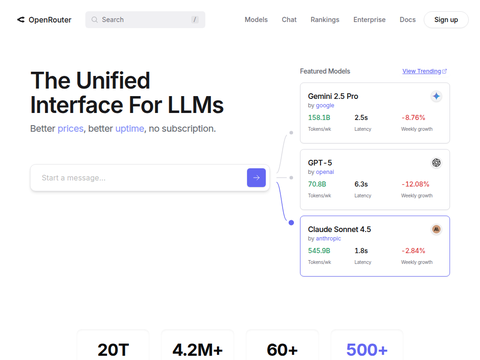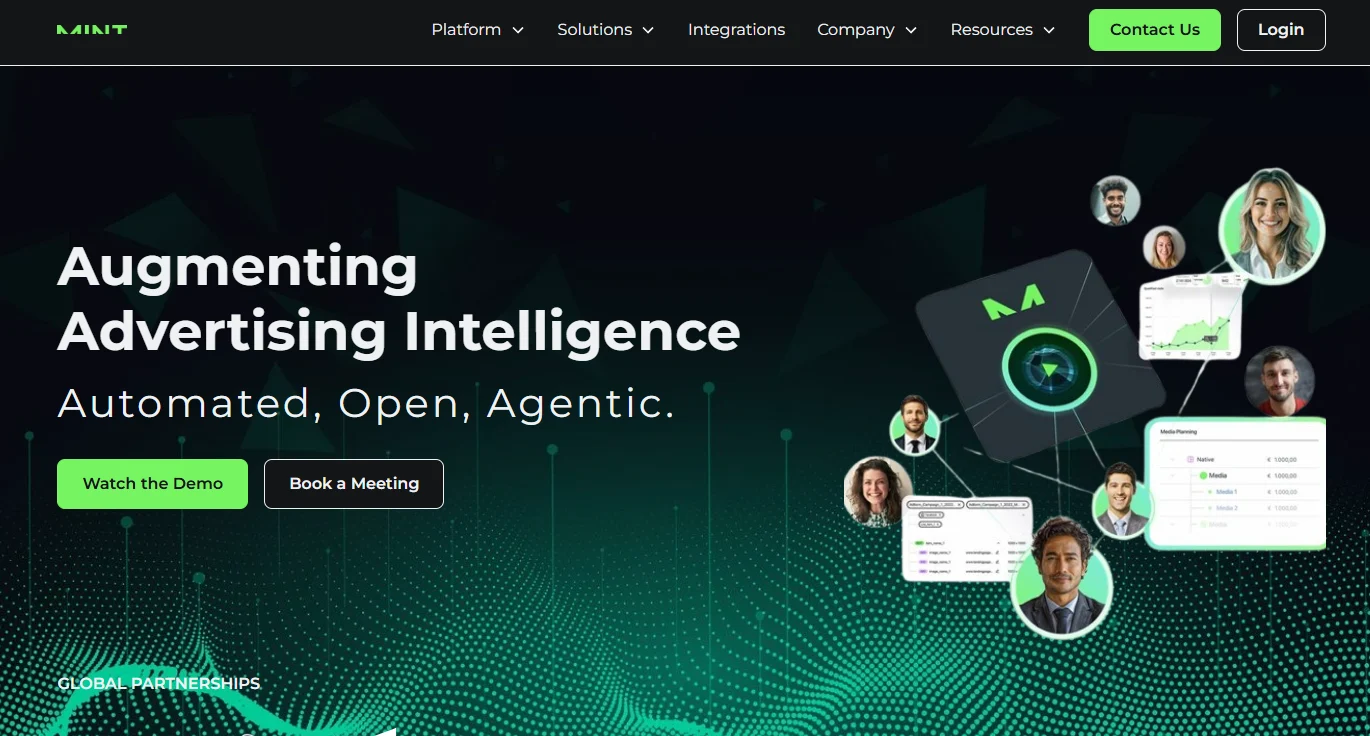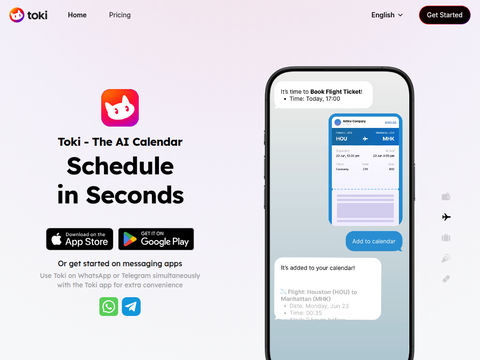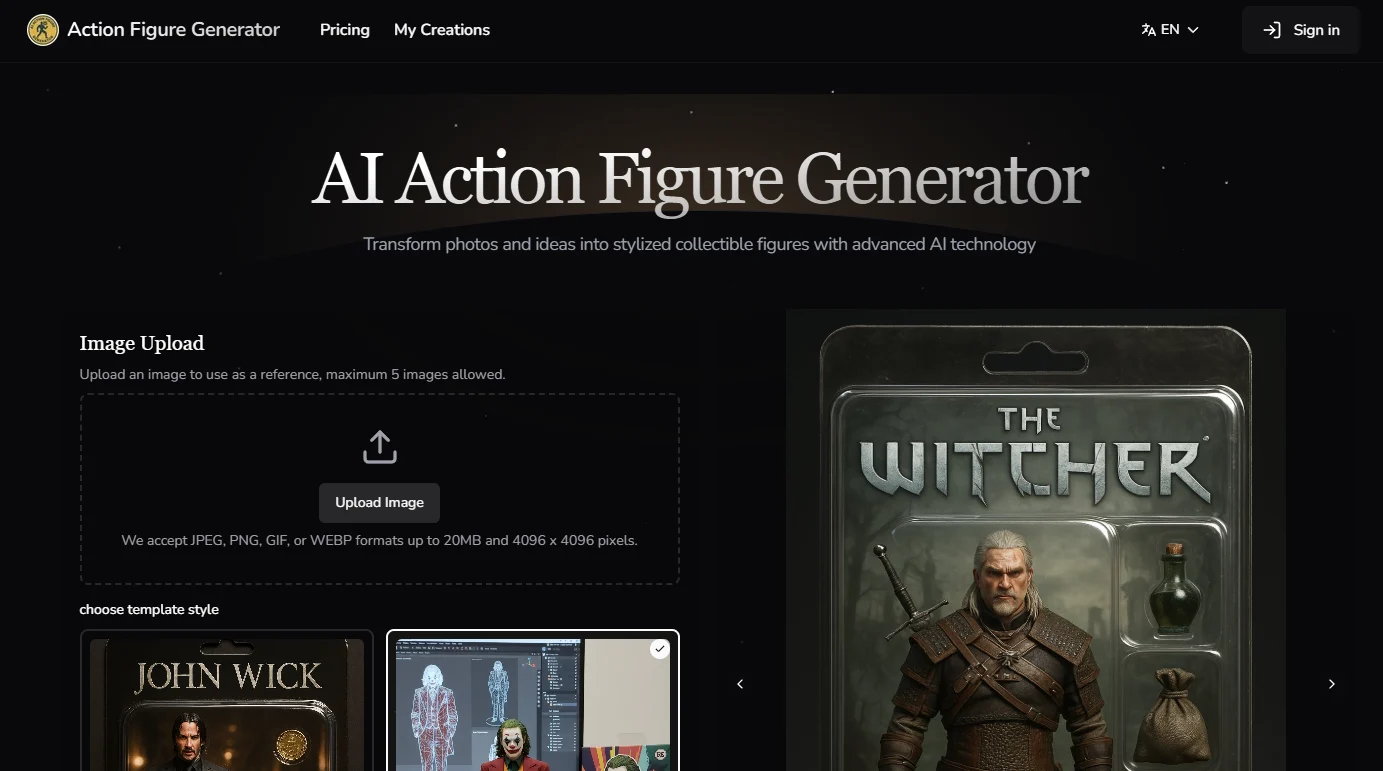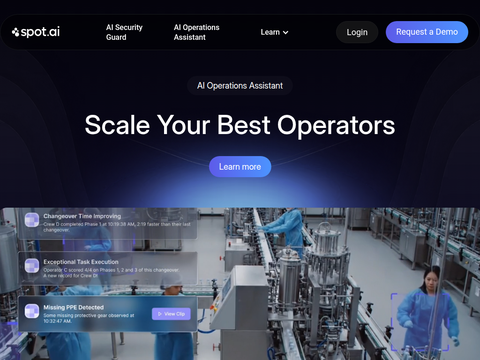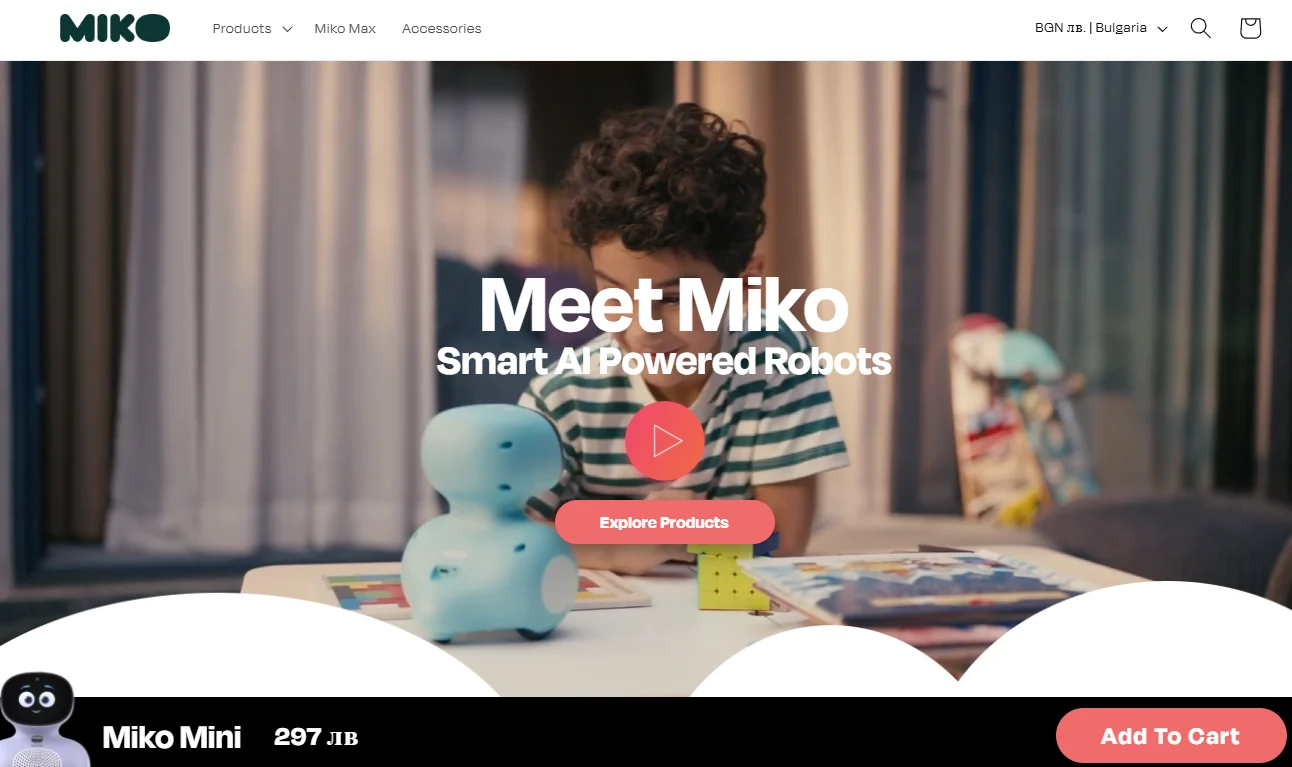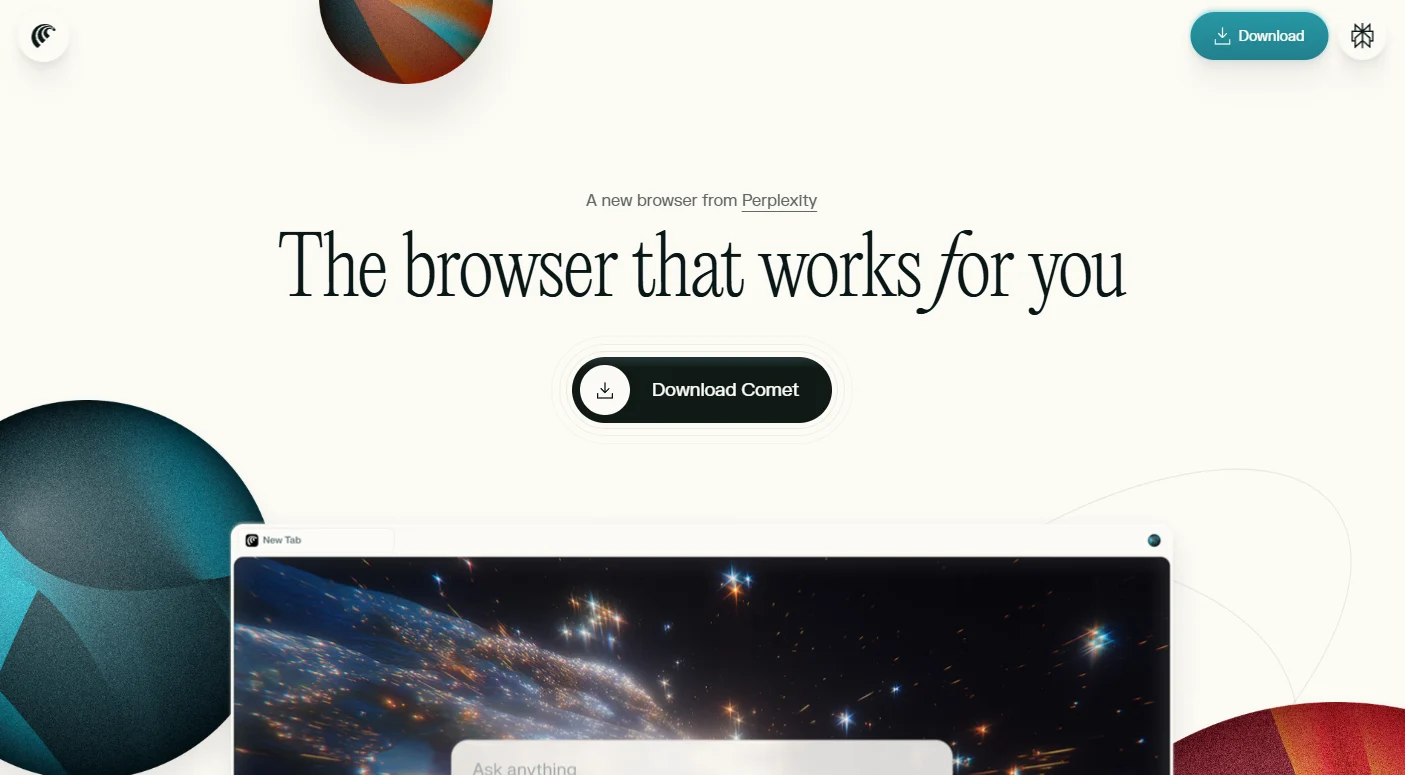OpenAI is exploring the integration of chatbot technology into the online education sector. Sia Raj Prohit, a member of OpenAI's Education Market Team, revealed at an event hosted by Coeus Collective on Monday that the company may investigate methods to enable e-learning instructors to develop customized “GPT” models tailored to online courses.
Prohit stated that the future vision involves educators being able to create customized GPT models for the public, allowing individuals to interact with content in a lifelong learning manner. Although this is not part of OpenAI's current operations, it has been clearly included in their development roadmap.
Observations indicate that some professors have already utilized OpenAI's existing tools to upload course content equivalent to a semester in order to create customized GPT models, which are then made available to students. Students can interact with this curated knowledge base, which is considered an effective research method.
OpenAI is actively expanding into the education market, viewing it as a critical growth area. In September of this year, the company hired Leah Bersky, former Chief Revenue Officer at Coursera, as its first Education Manager to oversee the introduction of OpenAI's products to more educational institutions. Additionally, in the spring of this year, OpenAI launched the ChatGPT Edu version tailored for universities.
According to Allied Market Research, the AI market in the education sector could reach a value of $88.2 billion over the next decade. However, initial growth has been relatively slow due to skepticism within the education community.
The customized GPT models mentioned by Prohit may resemble Khanmigo, the chatbot launched last year through a collaboration between Khan Academy and OpenAI. Khanmigo is capable of providing students with guidance on homework, exam preparation, and other areas, while closely integrating with Khan Academy's educational content library. However, Khanmigo has also exhibited errors, including basic math mistakes during testing by The Wall Street Journal, and its inability to correct errors when prompted to review solutions.
Nevertheless, Prohit emphasized that the technology is continually improving, and the company's goal is to help translate these advancements into practical applications for teaching and learning.
The education sector remains skeptical. A survey conducted by the Pew Research Center this year revealed that a quarter of public K-12 teachers believe the use of AI tools in education is more harmful than beneficial. Another poll by RAND Corporation and the Public Education Innovation Center found that only 18% of K-12 educators are implementing AI in their classrooms.

